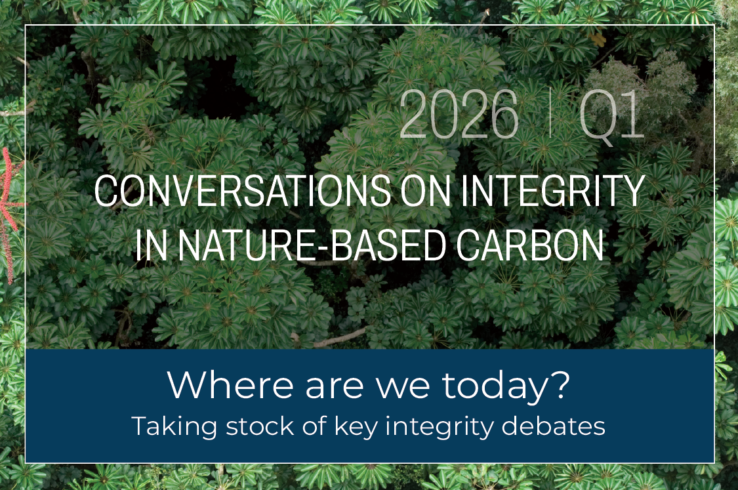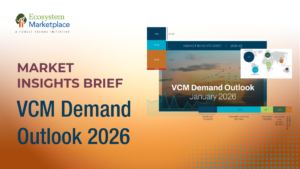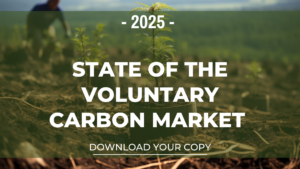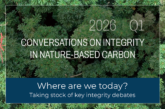
I am proud to be the first editor of Conversations on Integrity in Nature-based Carbon for the initial quarter. Our aim in this first quarter is to take a snapshot of where nature-based greenhouse gas crediting stands and a high-level overview of where we have come from. The quarter forms an introduction to the series […]

We are here introducing a new forum for discussing issues associated with the nature-based carbon market with a particular focus on the integrity of carbon offsets. The forum will be edited and quality-controlled by fellow experts and fills a gap where practitioners, stakeholders and interested parties can learn and debate what ensures integrity in the […]

What does demand look like for the voluntary carbon market (VCM) in 2026? To get an early read, Ecosystem Marketplace surveyed a sample of carbon project developers and brokers in late 2025 about how buyer behavior, pricing trends, and procurement activity compare to where the market was six months ago. Here are some highlights of […]
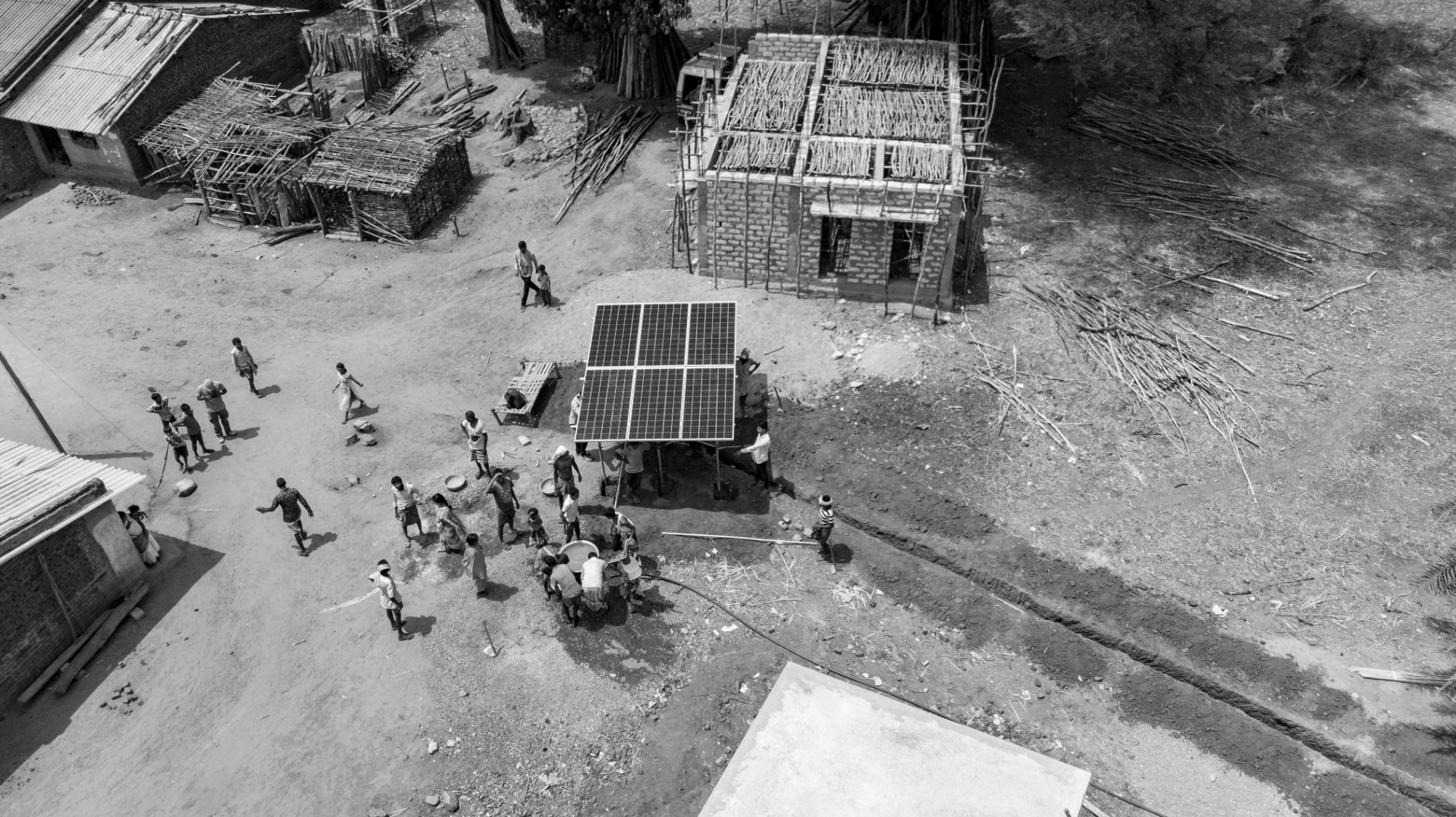
An abridged version of this piece first appeared in Forest Trends’ 25-year anniversary Impact Report. When Forest Trends started tracking the voluntary carbon market (VCM) in the mid-2000s, the landscape had already been shaped by nearly two decades of experimentation. Conservation organizations pioneered carbon finance in the late 1980s, years before any global government action […]

A comprehensive new study released today provides the first systematic global mapping of government-led approaches to nature credit markets. The report, Learnings from Government-Led Approaches to Nature Credit Markets, published by the International Advisory Panel on Biodiversity Credits (IAPB) in collaboration with the Environmental Policy Innovation Center (EPIC) and Forest Trends’ Ecosystem Marketplace, represents the […]

After months of debate, the Article 6.4 Supervisory Body approved a permanence standard that keeps nature-based carbon projects viable—here’s what changed and why it matters. 2025 promised a breadth of new research, evaluations, and advancements around how we as a global community can effectively mitigate climate change using all the tools in our toolbox—and it […]

The Tropical Forests Forever Facility (TFFF) and Jurisdictional REDD+ (JREDD+) can work hand-in-hand to conserve tropical forests, reduce GHG emissions, and help close more than half of the annual financing gap needed to conserve tropical forests and reduce their loss, according to new analysis. The paper – by André Aquino, head of the Special Advisory […]

